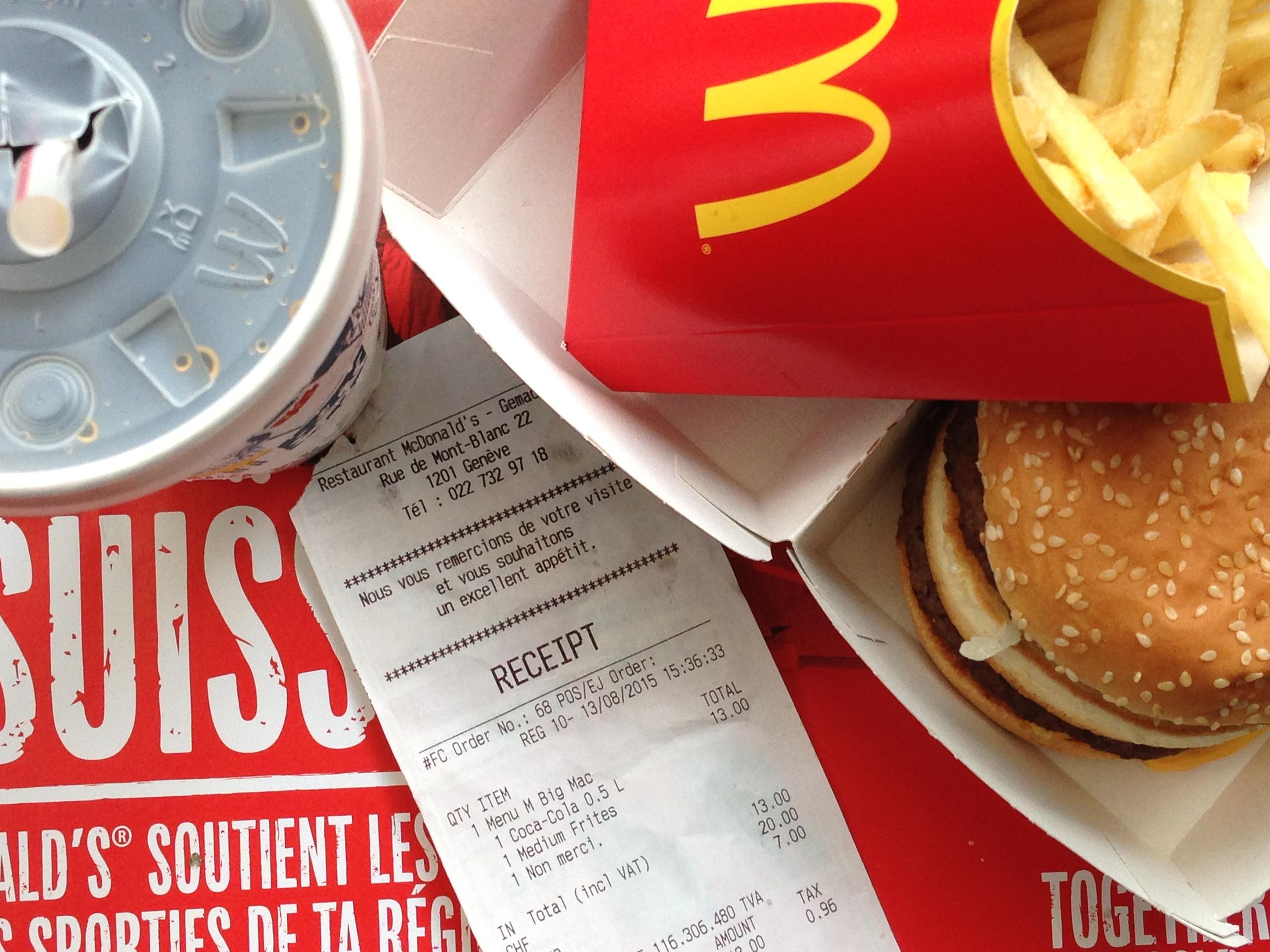Standard of living remains high in Switzerland

Switzerland is one of the world’s most expensive countries to live in – with Geneva and Zurich frequently appearing as among the costliest cities in global comparison. But pound for pound (or franc for franc) Swiss citizens still enjoy a very high standard of living.
If disposable income is the benchmark for living standards, then Switzerland is the third best placed country in Europe, according to the latest statistics. Only citizens of Luxembourg and Norway enjoy more disposable income once differences in prices and costs are stripped out.
The number crunchers work this out by devising a fictional standardised unit of income, calculated by applying purchasing power parity to the median income in each country.
“This means that despite the high price levels in Switzerland, the population’s financial situation, after deduction of obligatory expenditure, was more comfortable than that of its neighbouring countries and most countries in the European Union,” the Swiss Federal Statistical Office said in a statement on Monday.
On the other side of the coin, the percentage of people living on or below the poverty line in Switzerland has been steadily decreasing since record began in 2007, according to official statistics at least.
Some 530,000 people in Switzerland are listed as living on the poverty line, based on a monthly income of CHF2,219 ($2,275.40) for single people and CHF4,031 for families of two adults and two children. That’s 6.6% of the population – compared to 9.3% in 2007.
The proportion of the Swiss population living in extreme poverty (4.6%) is one of the lowest in Europe (18.6% average). Some 9.7% of the Swiss population cannot afford a week’s holiday abroad – the European average is 36.9%.

In compliance with the JTI standards
More: SWI swissinfo.ch certified by the Journalism Trust Initiative











You can find an overview of ongoing debates with our journalists here . Please join us!
If you want to start a conversation about a topic raised in this article or want to report factual errors, email us at english@swissinfo.ch.